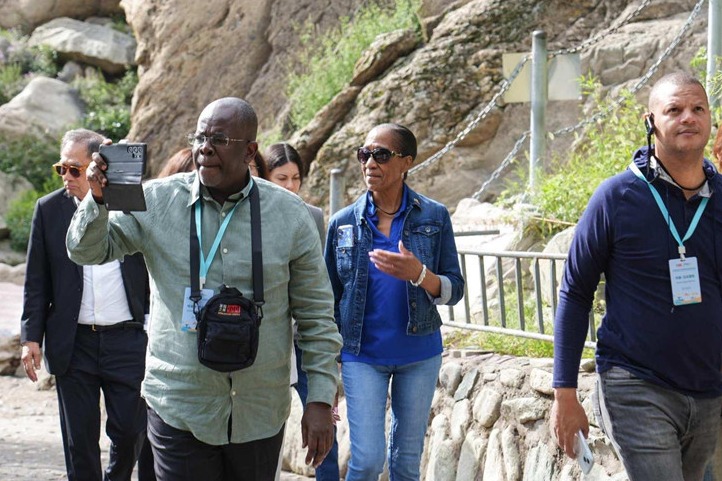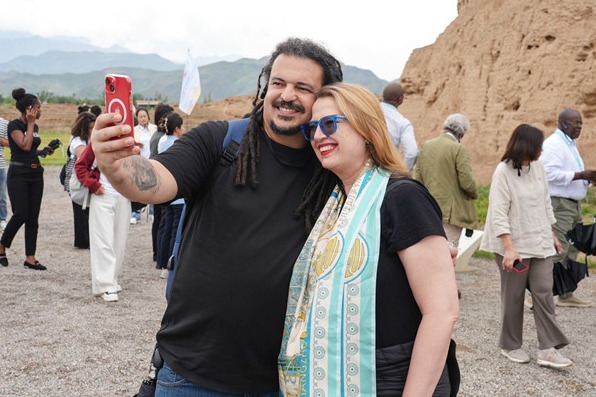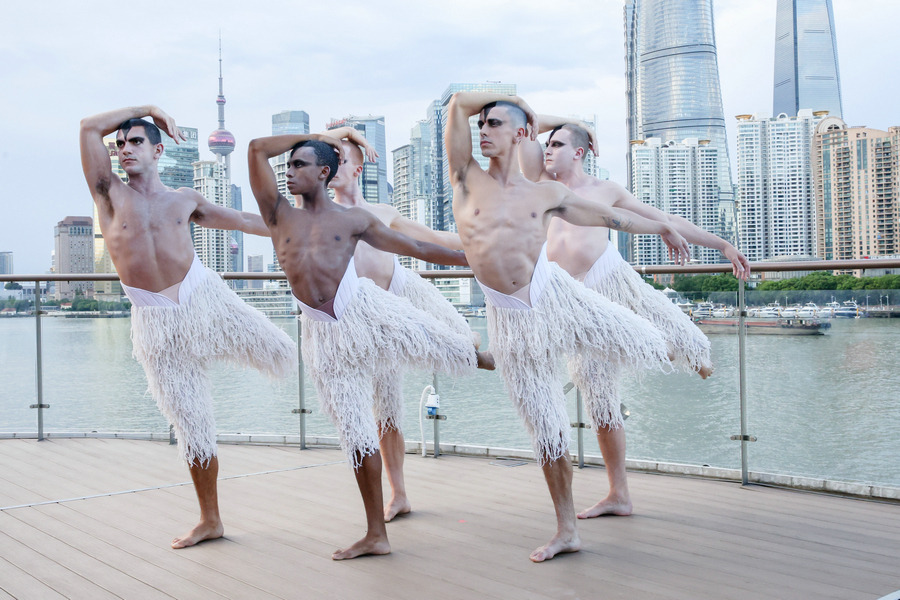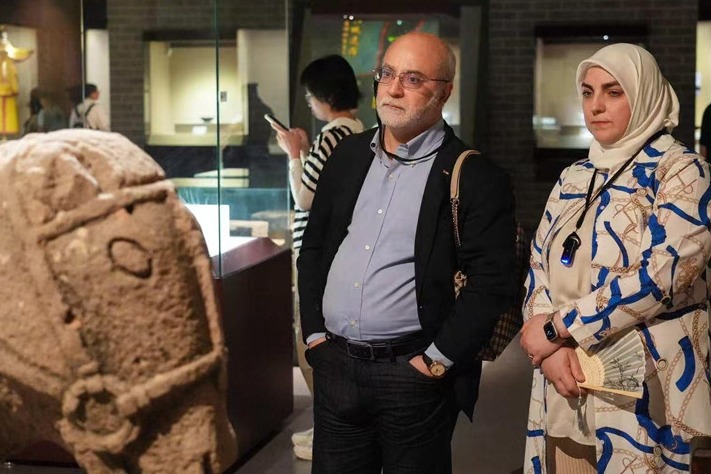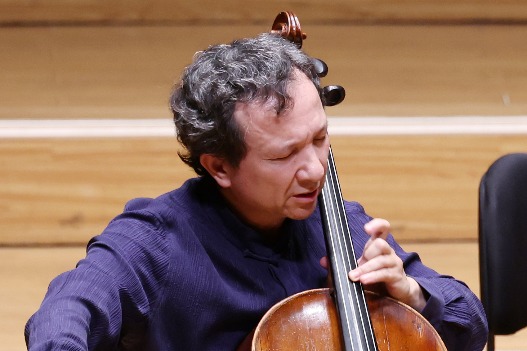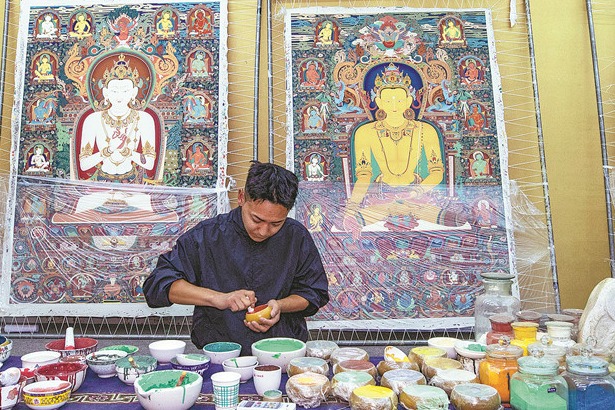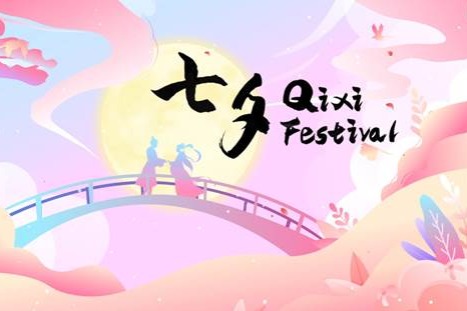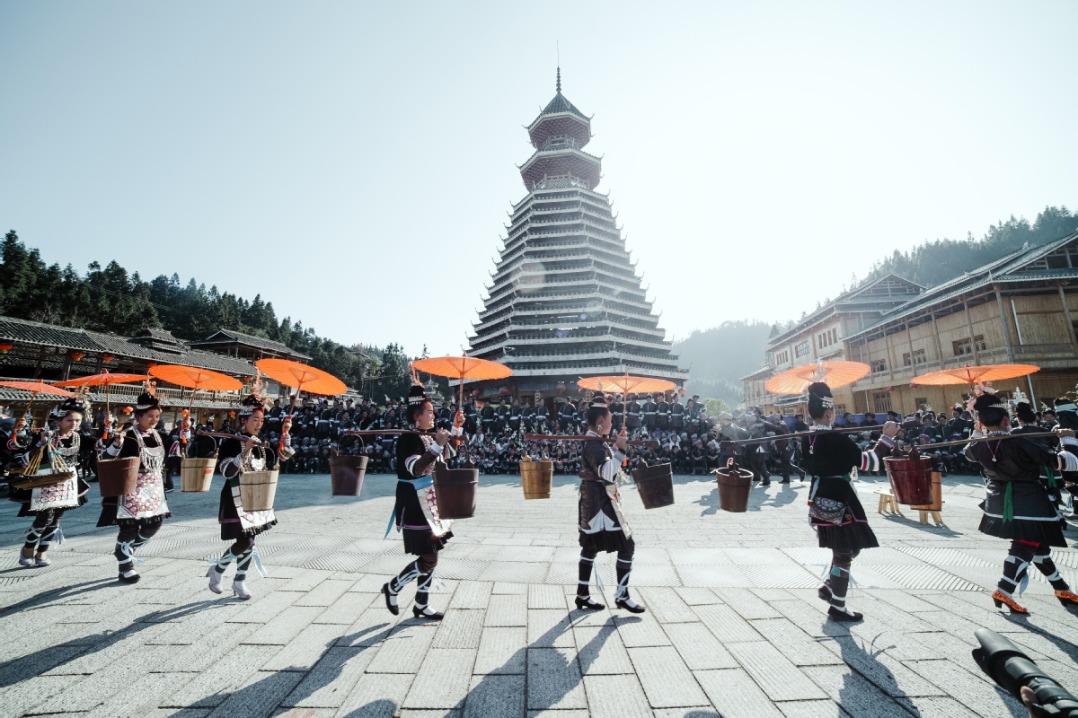Guardians of a vanishing song
Dong ethnic group preserves its centuries-old tradition with ancestral memory, cultural pride and communal identity, Chen Nan and Liu Boqian report.

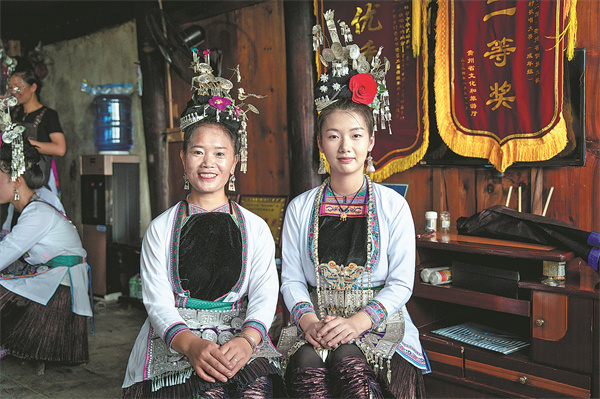
She remembers how, at 16, she became one of the lead singers in her village's Grand Song group, especially during the vibrant New Year celebrations, when the entire community would gather in the grand tower to sing late into the night.
"To be chosen as a lead singer is a great honor," she says.
"Only the best could lead, because the whole sound depends on them. A strong high voice is essential."
Pan finds joy in the act of singing. "When I sing, I feel lighter. Even if I am sad, singing lifts my spirits. The songs carry our emotions, culture and memories."
However, the world has changed, and Pan feels the tradition faces grave risks.
"When we were young, we had no distractions," Pan says.
"Today, children are busy with schoolwork and phones, and don't have time for singing. It's different now. I can't teach them all the songs I know, and I worry that some of these songs will be lost."
For Pan, the change is not just about free time but about shifting priorities. Whereas the older generations learned to sing and understood the deeper meanings of the Grand Song from a young age, today's youth have fewer opportunities to engage with their cultural heritage.
The songs, once woven seamlessly into everyday life, are now something fragile that must be carried on with conscious effort.
Her fears are grounded. The Grand Song is an oral tradition, preserved entirely through memory and repetition. Without a written script, the Dong people encode stories, values and history in their songs.


















